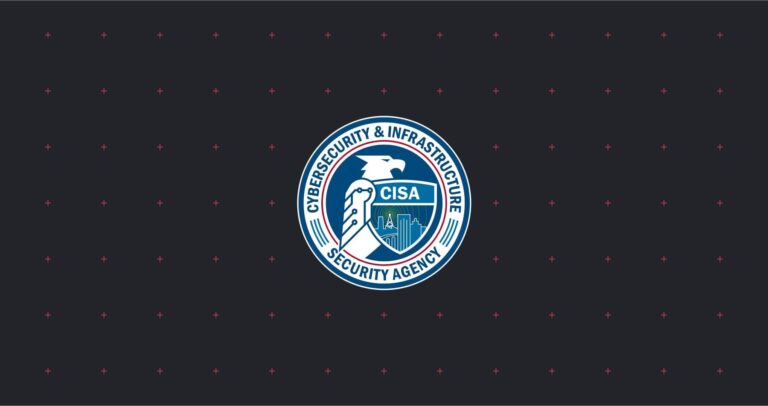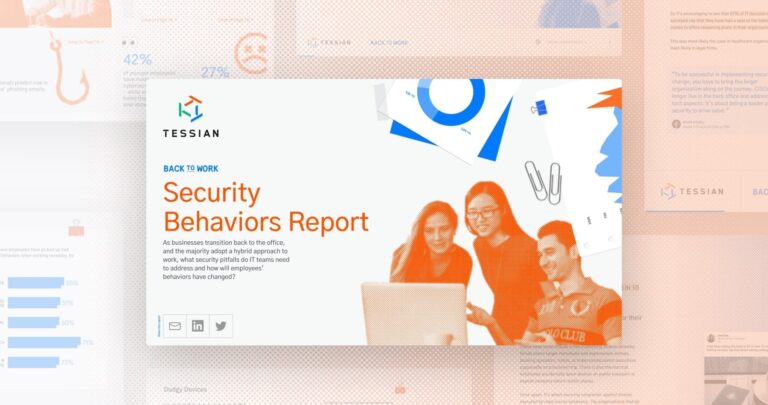With the outbreak of COVID-19, workforces around the world have transitioned from secure office environments to their homes.
While some companies already had the infrastructure and policies in place to support a remote workforce, other smaller organizations and even some large enterprises are facing a number of challenges in getting their teams set up, starting with access to secure devices like laptops and phones.
One way to empower your employees to work safely wherever they are is to implement BYOD (Bring Your Own Device) policies.
What is a BYOD Policy?
While BYOD policies are something of a necessity now – especially with delays and even cancellations in global supply chains for the devices virtual workers rely on – they were formerly an answer to IT consumerization.
Consumerization of IT refers to the cycle of technology first being built for personal, consumer use and then later being adopted by businesses and other organizations at an enterprise level. It’s often the result of employees using popular consumer apps or devices at work, because they are better than the legacy tech used by the organization.
What are the benefits of a BYOD policy?
There’s a reason why the BYOD market was booming pre-COVID-19. In fact, the market is expected to be valued at more than $366.95 by 2020, a big jump from its valuation of $30 billion in 2014. Note: This forecast was made three years ago, which means the sudden and global transition to remote-working will likely drive more growth.
So, what are some of the benefits for businesses?
You’ll Enable a Productive Remote Workforce
This is no doubt the most important reason to adopt BYOD policies, especially now. If your employees have historically worked on desktops and you’re struggling to set each person up with a laptop, BYOD policies will enable your people to keep working, despite hardware shortages and other challenges.
Beyond that, though, you’ll also enable your people to work freely from wherever they need to, whether that be in transit, at home, or in the office.
You’ll Reduce Burden on IT Teams
Employees tend to be more comfortable and confident using their own personal devices and their native interfaces. For example, someone who has worked on a Windows computer for 15 years may struggle to suddenly start working on a Mac. That means there will be less dependence on IT teams to train or otherwise set-up employees on new devices.
But, it’s important to consider the security risks along with the benefits so that your employees and data stay safe while working from personal devices.
What are the security risks involved in using personal devices?
Physical security
Loss or theft of a personal device is one of the biggest concerns around BYOD policies, especially when you consider that people tend to carry their mobile phones and even laptops with them at all times.
If a device fell into the wrong hands and adequate security measures weren’t in place, sensitive data could be at risk.
Network security
If a cybercriminal was able to gain access to a personal device, they could maneuver from one device to another and move through an organization’s network quickly. Once inside, they could install malware, steal sensitive information, or simply maintain a foothold to control systems later.
Information security
Data is currency and personal devices hold a lot of information not just about an organization and its clients, vendors, and suppliers, but also about the individual. If you imagine all the sensitive data contained in Outlook or Gmail accounts, you can begin to see the magnitude of the risks if this data were exposed.
Physical and network security risks are threats to information security, which proves how important securing devices really is.
Tips for employers
To minimize the risk associated with BYOD policies, we recommend that you:
- Enforce strict password policies. Mobile phones should be locked down with 6-digit PINs or complex swipe codes, and laptops should be secured with strong passwords that utilize numbers, letters, and characters. Your best bet is to enforce MFA or SSO and provide your employees with a password manager to keep track of their details securely.
- Equip devices with reliable security solutions. From encryption to antivirus software, personal devices need to have the same security solutions installed as work devices. Ideally, solutions will operate on both desktop and mobile ensuring protection across the board. For example, Tessian defends against both inbound and outbound email threats on desktop and mobile. Read more about our solutions here.
- Restrict data access. Whether your organization uses a VPN or cloud services, it’s important to ensure the infrastructure is configured properly in order to reduce risk. We recommend limiting access through stringent access controls whenever possible (without impeding productivity) and creating policies around how to safely share documents externally.
- Limit or block downloads of software and applications. IT and security teams can use either blacklisting or whitelisting to ensure employees are only downloading and using vetted software and applications. Alternatively, IT and security teams could exercise even more control by preventing downloads altogether.
- Educate your employees. Awareness training is an essential part of any security strategy. But, it’s important that the training is relevant to your organization. If you do implement a BYOD policy, ensure every employee is educated about the rules and risks.
Tips for employees
To minimize the risk associated with BYOD policies, we recommend that you:
- Password-protect your personal devices. Adhere to internal security policies around password-protection or, alternatively, use 6-digit PINs or complex swipe codes on mobile devices and strong passwords that utilize numbers, letters, and characters for laptops. If you’re having trouble managing your passwords, discuss the use of a password manager with your IT department.
- Avoid public Wi-Fi and hotspotting. The open nature of public Wi-Fi means your laptop or other device could be accessible to opportunistic hackers. Likewise, if a phone is being used as a hotspot and has already been compromised by an attacker, it’s possible it could be used to pivot to the corporate network.
- Put training into practice. While security training is notoriously boring, it’s incredibly important and effective if put into practice. Always pay attention during training sessions and action the advice you’re given.
- Report loss or theft. In the event your device is lost or stolen, file a report internally immediately. If you’re unfamiliar with procedures around reporting, check with your line manager or IT team ASAP. They’ll be able to better mitigate risks around data loss the sooner they’re notified.
- Communicate with IT and security teams. If you’re unsure about how to use your personal device securely or if you think your device has been compromised in some way, don’t be afraid to communicate with your IT and security teams. That’s what they’re there for. Moreover, the more information they have, the better equipped they are to keep you and your device protected.
BYOD policies offer organizations and employees much-needed flexibility. But, in order to be effective as opposed to detrimental, strict security policies must be in place. It’s not just up to security teams. Employees must do their part to make smart security decisions in order to protect their devices, personal data and sensitive business information.
Looking for more tips on staying secure while working remotely? We’re here to help! Check out these blogs:












